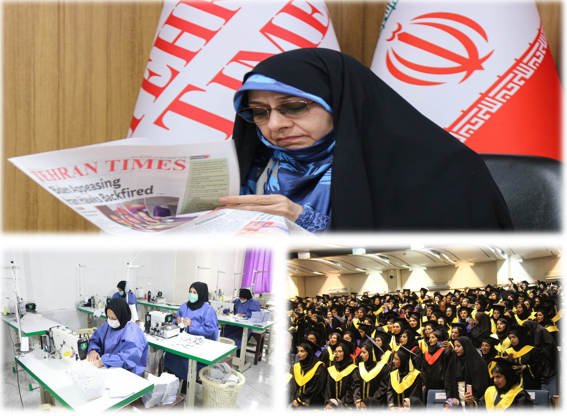Iranian women central to development, 45 Years after Islamic Revolution
Forty-five years after the Iranian Revolution, the story of Iranian women is a central subject of gender and development. But underneath the headlines is a glorious story: one of resilience, determination, and incredible achievement.

Forty-five years after the Iranian Revolution, the story of Iranian women is a central subject of gender and development. But underneath the headlines is a glorious story: one of resilience, determination, and incredible achievement.
Today, as we celebrate Women's Day on a global scale, we honor the achievements of Iranian women who have defied stereotypes and forged their pathways to success in education, science, business, and the performing arts. Iranian women, ranging from university presidents to Olympic medalists, are demonstrating that growth is achievable even in a nation suppressed by western sanctions. We delve into these women's amazing tales, discovering the obstacles they have overcome and the efforts that propelled the establishment of a brighter future for the Islamic Republic of Iran.
